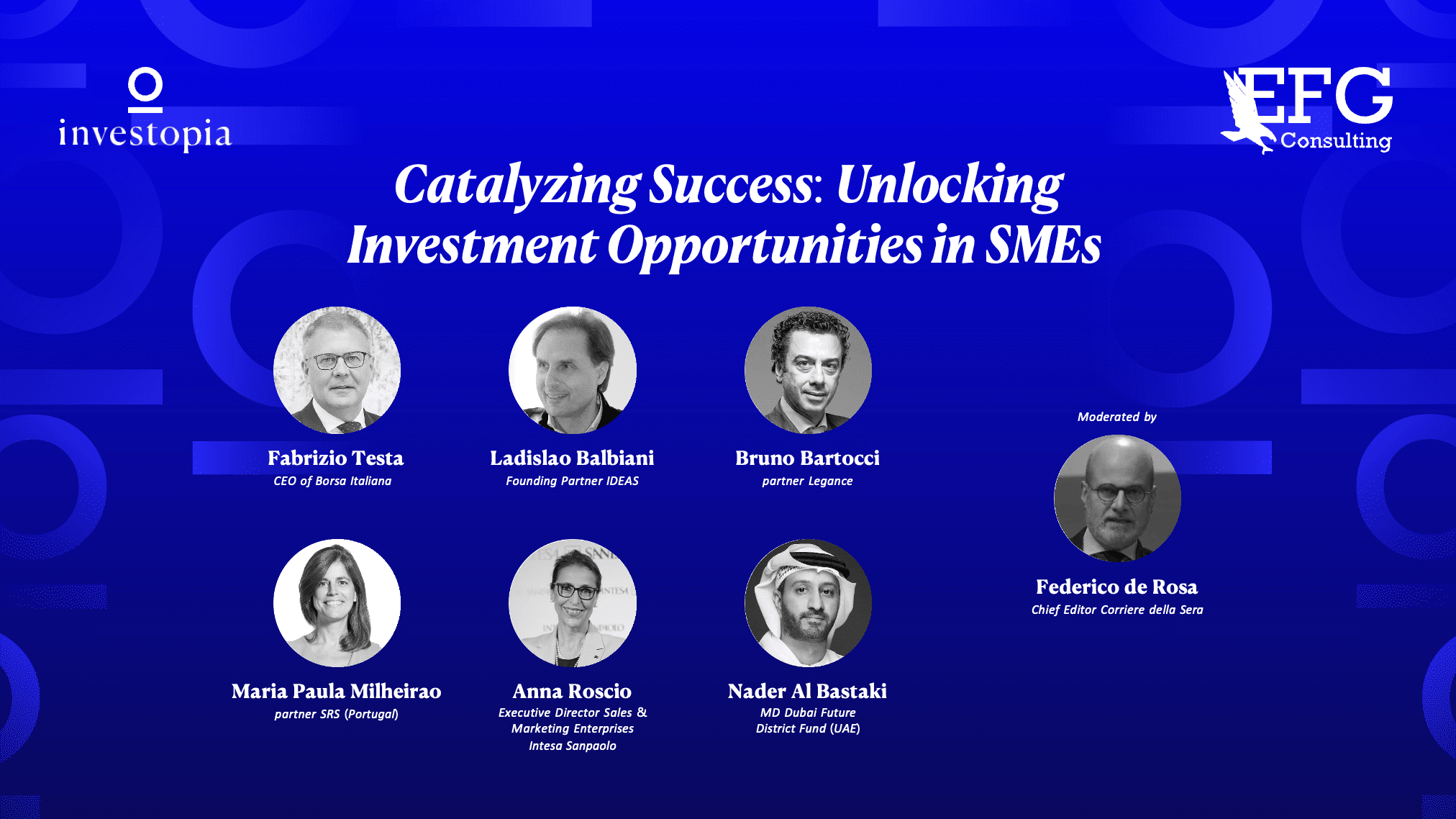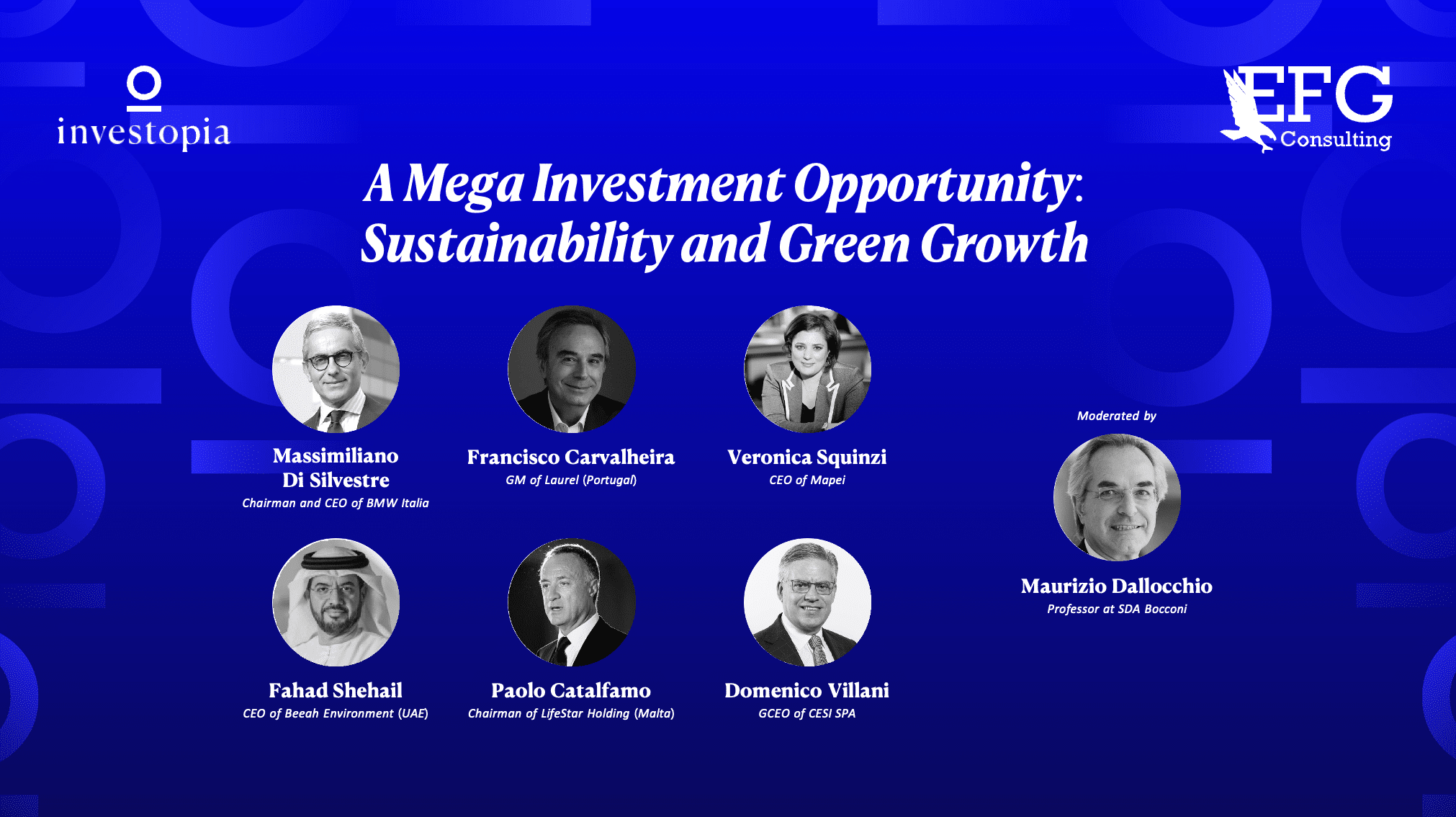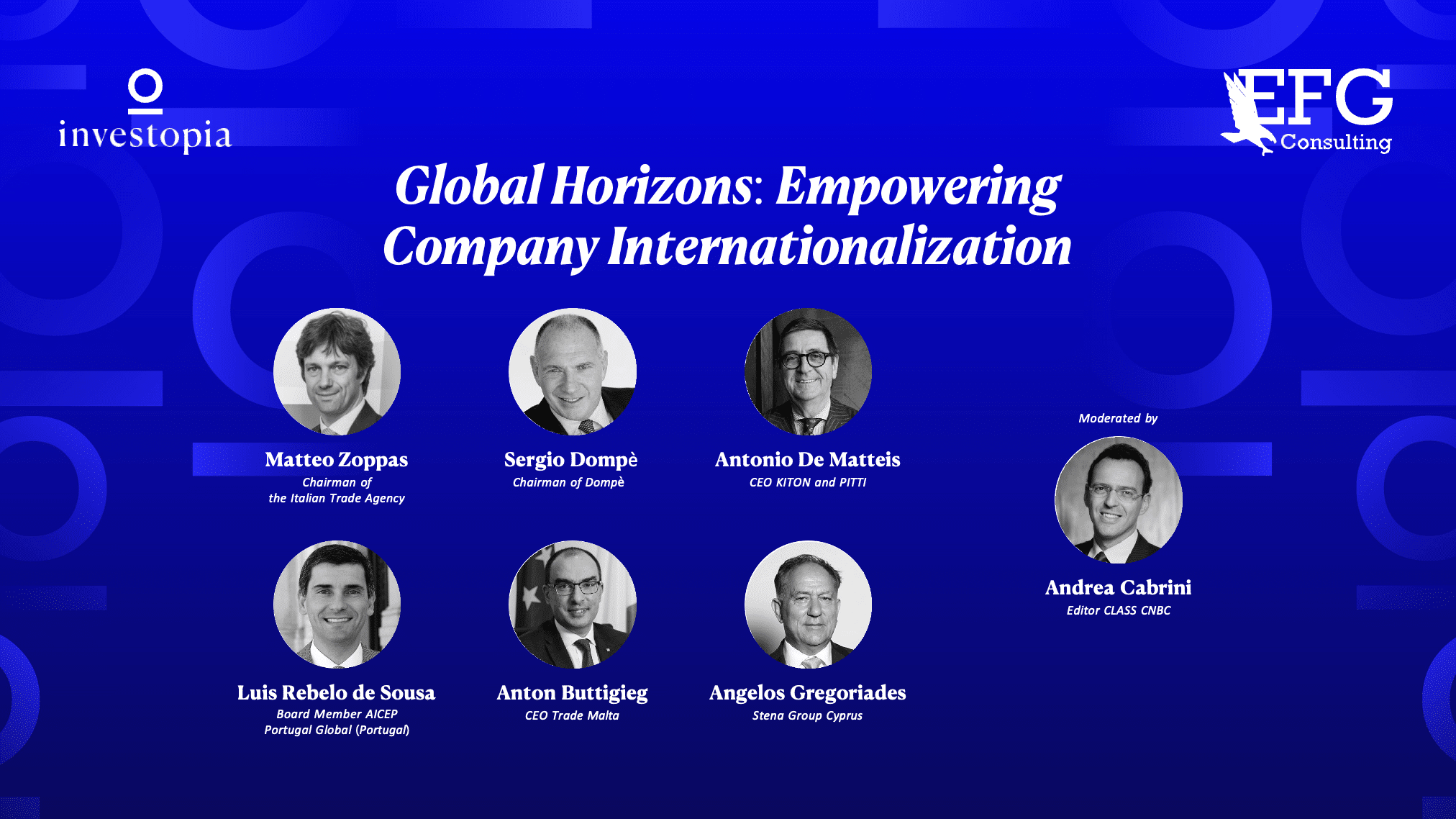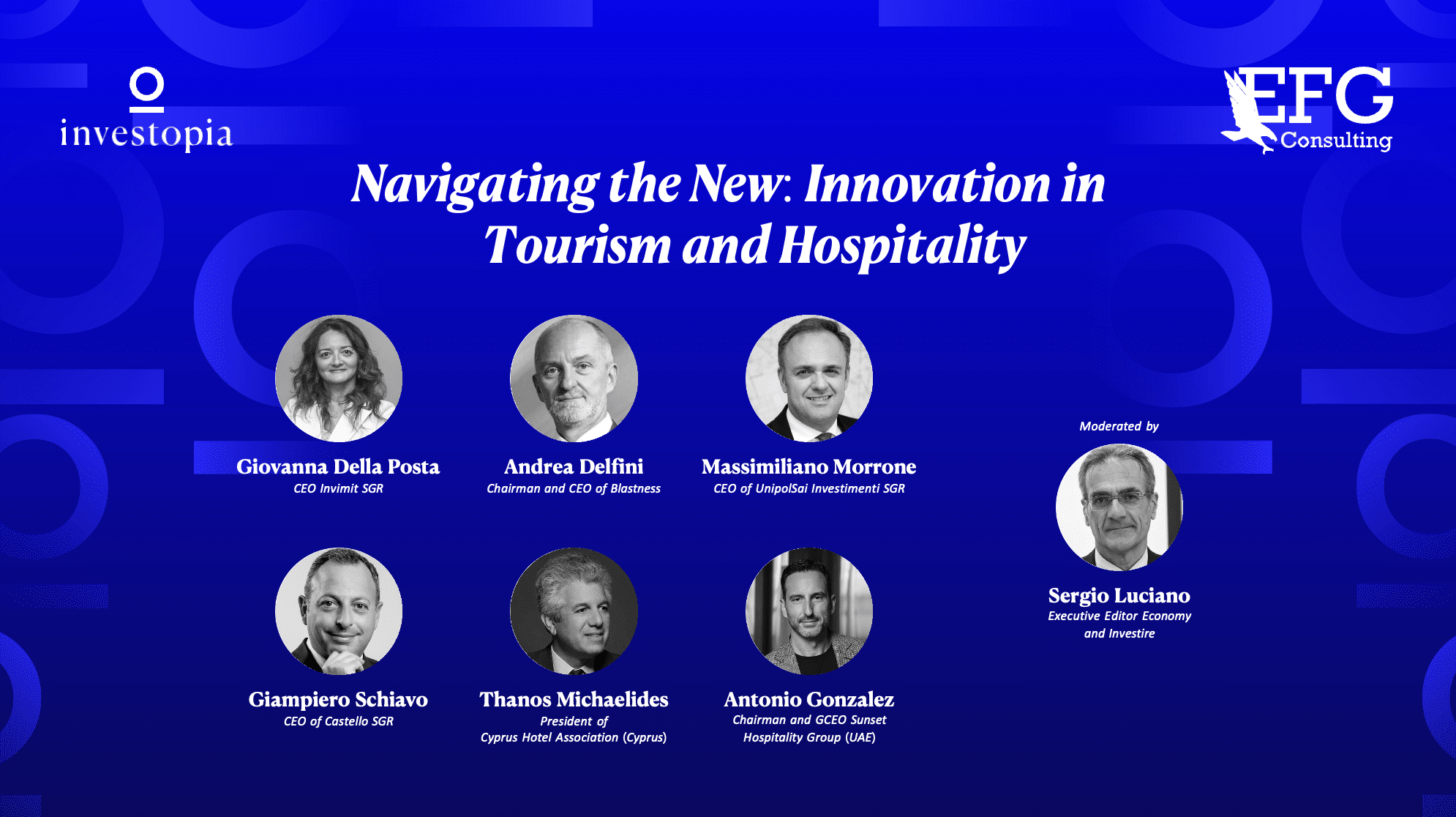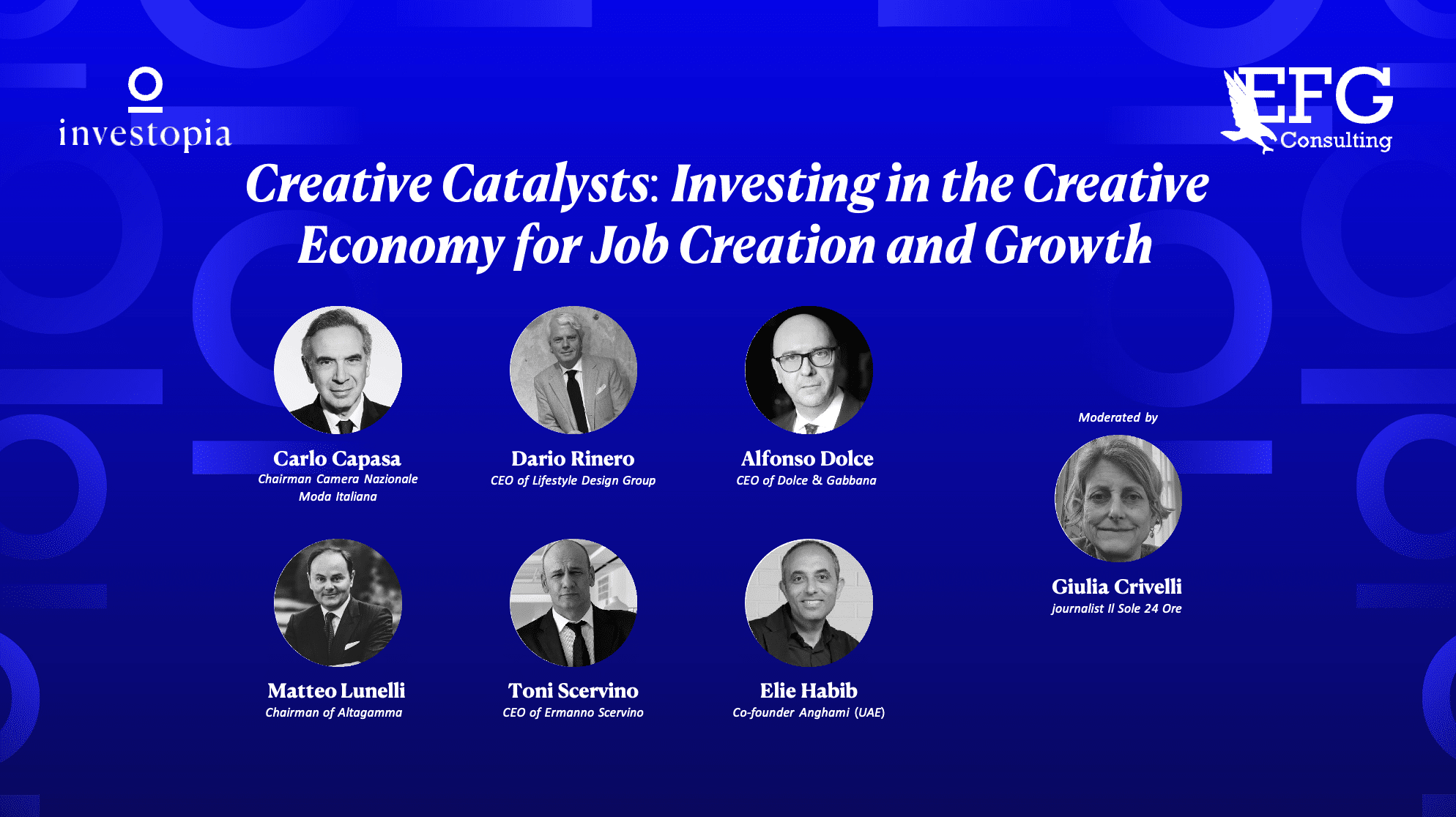Session Speakers:
Warning: Trying to access array offset on value of type bool in /nas/content/live/investopia/wp-content/plugins/oxygen/component-framework/components/classes/code-block.class.php(133) : eval()'d code on line 11
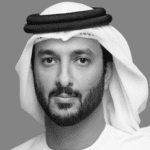
H.E. Abdulla bin Touq Al Marri
Minister of Economy of the United Arab Emirates
Share
Key Takeaways
- Football has become an industry with significant investments, and its evolution from an entertainment sport to a long-term financial investment has changed the sports landscape.
- Football clubs with budgets of over a billion dollars are not uncommon today, and billionaires and powerful financial institutions have taken an interest in various sports industries, especially football.
- The concentration of wealth and power among a few clubs has led to questions about competitiveness and the future of football as a whole.
- Smaller football clubs often struggle to compete with big-spending clubs and are at risk of going bankrupt. However, focusing on talent and making decisions with a long-term perspective could help these clubs stay afloat and even thrive in the highly competitive football world.
- Football has significant economic and social benefits that make it an attractive investment opportunity for governments and investors. Still, governments need to work with investors to ensure that investments align with national and local development goals.
- The local dimension is critical to football, and while the world of football is global, fans are loyal to their cities and towns. Football must still be grounded in local communities. Better regulation in the industry can prevent clubs from being poorly run financially.
Investopia: The Future of Investment in Sports saw a thought-provoking discussion on the role of financial power in sports ranking, specifically in professional football, with billionaires and powerful financial institutions taking an interest in various sports industries.
The panel featured four speakers: Robert Eenhoorn, CEO of AZ Alkmaar; Alberto Colombo, Deputy General Secretary of European Leagues; Jerome Perlemuter, General Secretary of the World Leagues Forum; and H.E. Abdulla Bin Touq Al Marri, who represented the UAE and spoke about the country’s investment in football.
The session began by acknowledging the evolution of football from an entertainment sport to a long-term financial investment. Football clubs with budgets of over a billion dollars and more media coverage than top companies are not uncommon today. However, the dialogue delved deeper to understand why so many influential financial individuals and institutions are interested in sports, especially football.
Moderating the session was Bernard Caiazzo, President of AS Saint Etienne, and the World Corporate Summit. The discussion centered around several key questions, including whether financial power determines a football club’s ranking, whether there is a place for clubs that billionaires do not own, and whether budgets should be regulated.
The conversation began with Caiazzo reminiscing and how football was once an entertainment sport, focusing on post-game moments where everyone could come together and celebrate. He noted that today, football has become an industry with significant investments and has evolved beyond its entertainment roots.
Robert Eenhoorn, CEO of AZ Alkmaar, shared his thoughts on the current state of football and its financial aspects. He pointed out that most of the money in European football goes to the biggest clubs, while the smaller clubs often lose a significant amount of money to stay in the leagues or win games. According to Eenhoorn, prospective investors saw football as an industry that was good at losing money and could be restructured with a different business approach and model.
Eenhoorn also stressed the need to regulate the ruling of football clubs in the future because the evolution of football is unstoppable. He argued that the multi-club model needs to be regulated and looked at to see what works. In many countries, football has been poorly run financially, and there is a need to think about how clubs can be managed and made more profitable.
In response to a question about whether there is a place for clubs not owned by billionaires, Eenhoorn said that he thinks it’s possible and even hopes it is the case. He suggested that focusing on talent is essential and can help smaller clubs compete with their wealthier counterparts. Sometimes, people with all the funding tend to get lazy and make more mistakes than when people need to spend money wisely. Therefore, decisions have to be taken with a long-term perspective.
Eenhoorn’s remarks highlight the challenges smaller football clubs face that billionaire owners do not back. These clubs often struggle to compete with the big-spending clubs and are at risk of going bankrupt. However, Eenhoorn’s suggestion to focus on talent and make decisions with a long-term perspective could help these clubs stay afloat and even thrive in the highly competitive football world.
Alberto Colombo, Deputy General Secretary of the European Leagues, also shared his insights on the future of investment in sports, particularly in football. He stated that many of the key football clubs in Europe had experienced takeovers from foreign financial investors, especially in recent years.
Colombo also emphasized that a majority of clubs in Europe need to be better managed and adopt a different mentality in order to become more profitable. He posed the question of whether the targeting of big clubs by major investors is creating a lack of competitiveness and deterring investors from investing in smaller and middle-sized clubs.
However, Colombo also acknowledged the importance of investors in the growth and development of football. He stated that governments and policymakers should work with investment holdings and companies to develop the sport. Colombo highlighted the benefits of investment in football, such as the boost to culture, tourism, aviation, and job creation.
Jerome Perlemuter, General Secretary of the World Leagues Forum, brought a unique perspective to the dialogue, emphasizing the four main reasons why people invest in football: the profile, community benefit, passion, and money.
Perlemuter stated that individuals invest in football because it gives them exposure and status, as they are human beings who crave recognition. Additionally, football can be used to give back to communities or local cities, which is a significant factor for some investors. Others are passionate about football and want to invest in it simply because they love it.
However, Perlemuter emphasized that money is the primary motivator for many investors in football. He argued that some people genuinely see how to make money out of the sport and invest in it for that reason alone.
His remarks highlight the reality that football has transformed from a sport to an industry with significant financial power. As a result, more people with substantial financial resources are looking to invest in football clubs. This shift has led to a concentration of wealth and power among a few clubs, leading to questions about competitiveness and the future of football as a whole.
Perlemuter’s comments also raise important questions about the ethics of football investments. Should investors be motivated solely by the potential for financial gain, or should they also consider the social and cultural impact of their investments? These are essential questions that policymakers, investors, and football enthusiasts must consider as football continues to evolve as a global industry.
HE Abdulla Bin Touq Al Marri’s remarks centered on the reasons why governments and policymakers encourage investments in football. According to him, there are numerous benefits associated with investing in football, which makes it attractive to governments and investors. He highlighted four main benefits: culture, tourism, aviation, and job creation.
Culture: Football has the power to promote and showcase a country’s culture to the rest of the world. Governments can use football to improve their soft power, which can help promote their culture, values, and identity.
Tourism: Football is a global sport that attracts a lot of fans worldwide. It allows countries to promote tourism by hosting international football events. Tourists can visit the country to watch matches, visit football museums and stadiums, and participate in other football-related activities.
Aviation: Football also has a significant impact on the transportation industry. Hosting international football events requires excellent transportation infrastructure, which can lead to the development of the aviation industry. It can lead to the development of new airports, airlines, and other aviation-related businesses.
Job creation: Football is also a significant employer, creating thousands of jobs in different sectors, such as hospitality, transportation, and media. It provides opportunities for people to work and improve their economic conditions.
Governments can work with investment holdings and companies to develop football and leverage its benefits. They need to consider what a club or city wants with what a billionaire wants for their national and local development and economic growth.
HE Abdulla Bin Touq Al Marri’s remarks highlight the importance of football beyond just being a sport. Football has significant economic and social benefits that make it an attractive investment opportunity for governments and investors. It also emphasizes the need for governments to work with investors to ensure that investments align with national and local development goals.
The conversation then turned to whether there is a place for clubs that billionaires do not own. Robert Eenhoorn said that focusing on talent is essential and can help level the playing field. He added that sometimes, people with all the funding tend to get lazy and make more mistakes than when people need to spend money wisely. Decisions need to be taken with a long-term perspective, he concluded.
The panel also discussed the topic of regulation, with Alberto Colombo noting that we do not need more regulation but better regulation. Football clubs need to comply with league regulations and national law, he said.
The audience posed several questions, including what the solution is to ensure football still belongs to the people and the fans and not solely to investors. The panel agreed that the local dimension is critical and that while the world of football is global, fans are loyal to their cities and towns. They also discussed the issue of tax payments by foreign players and how the French government had complained about giving financial support to football clubs during COVID-19. Still, the federation had showcased that clubs actually gave more money to the government with tax payments than the opposite.
The audience’s question regarding the future of football belonging to the people and the fans was a crucial point of discussion. The panelists agreed that the local dimension is critical to football and that fans’ loyalty to their cities and towns cannot be ignored. Football may have become a global industry, but it must still be grounded in local communities.
The panel also discussed tax payments by foreign players, an issue that has been a point of contention in many countries. The French government’s complaint about giving financial support to football clubs during COVID-19 was brought up. Still, the panelists pointed out that the clubs had actually given more money to the government through tax payments than the opposite.
Overall, the panel provided insightful perspectives on the future of investment in sports, particularly in football. The discussion emphasized the importance of balancing financial investments and the loyalty and interests of local communities and fans. It also highlighted the need for better regulation in the industry to prevent clubs from being poorly run financially.
As the world of sports continues to evolve and attract more investments, it is crucial to keep in mind the values and interests that have made sports a beloved pastime for so many people worldwide.



